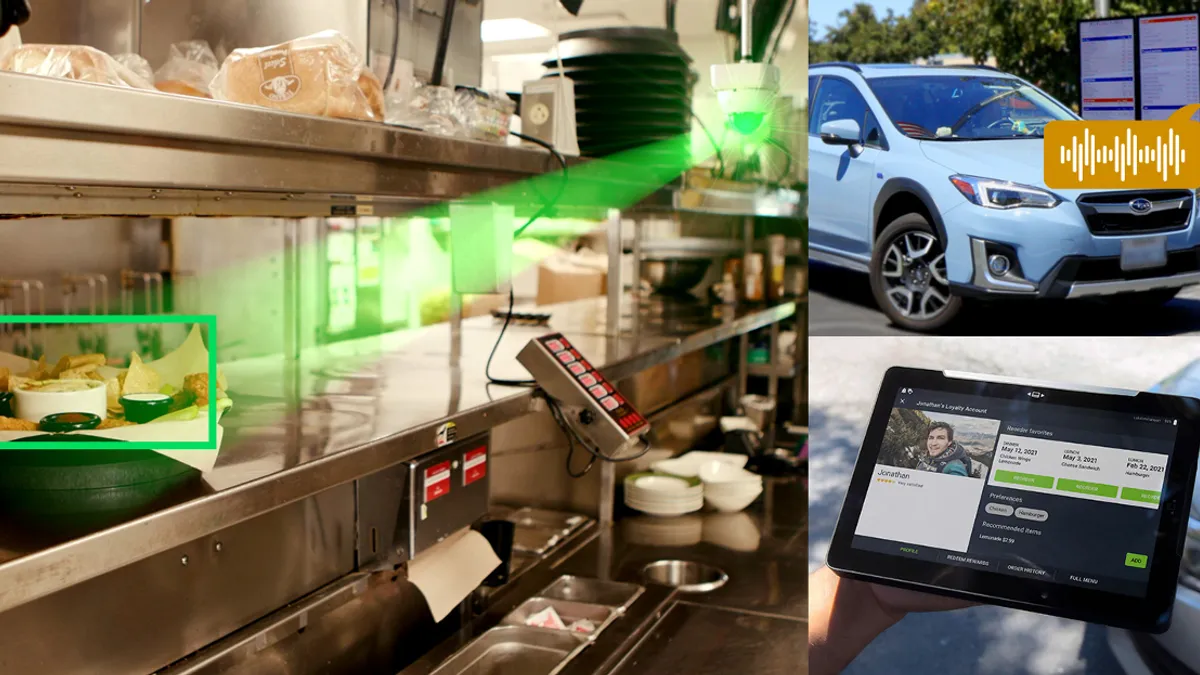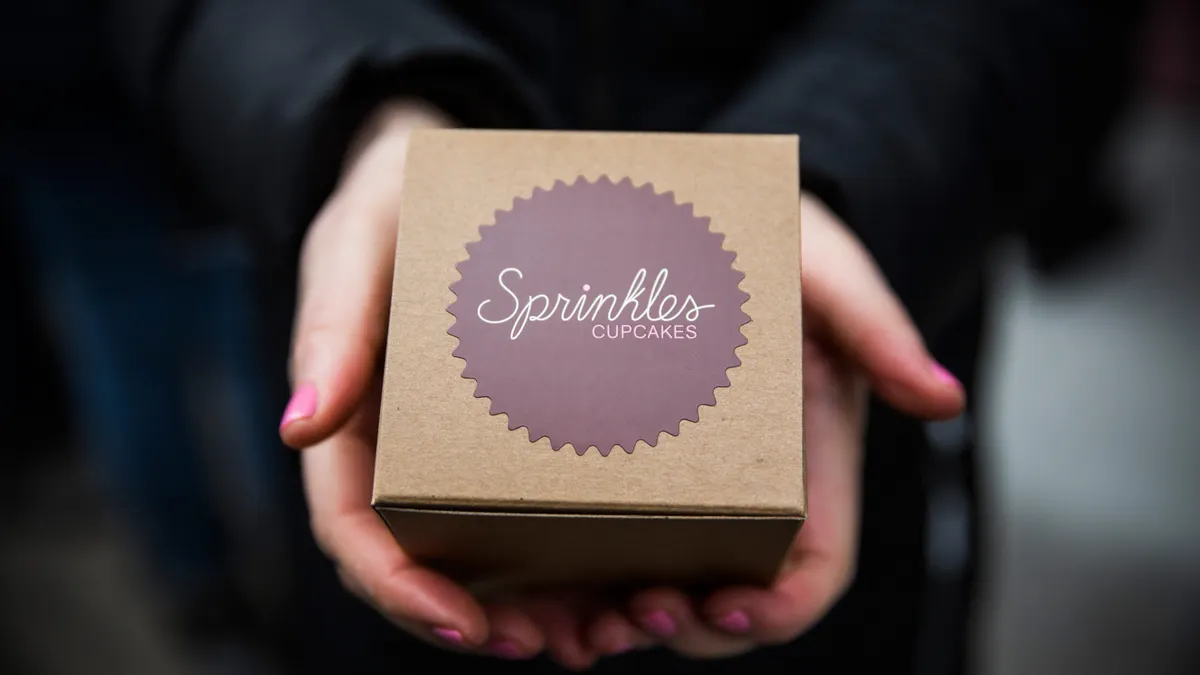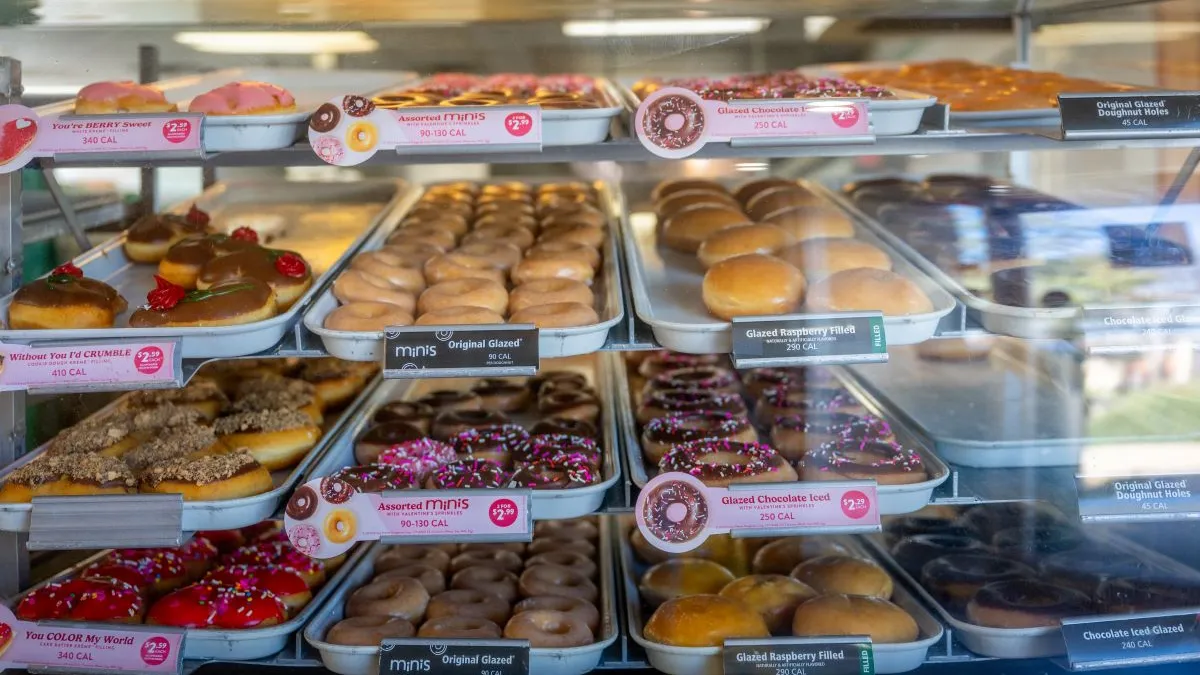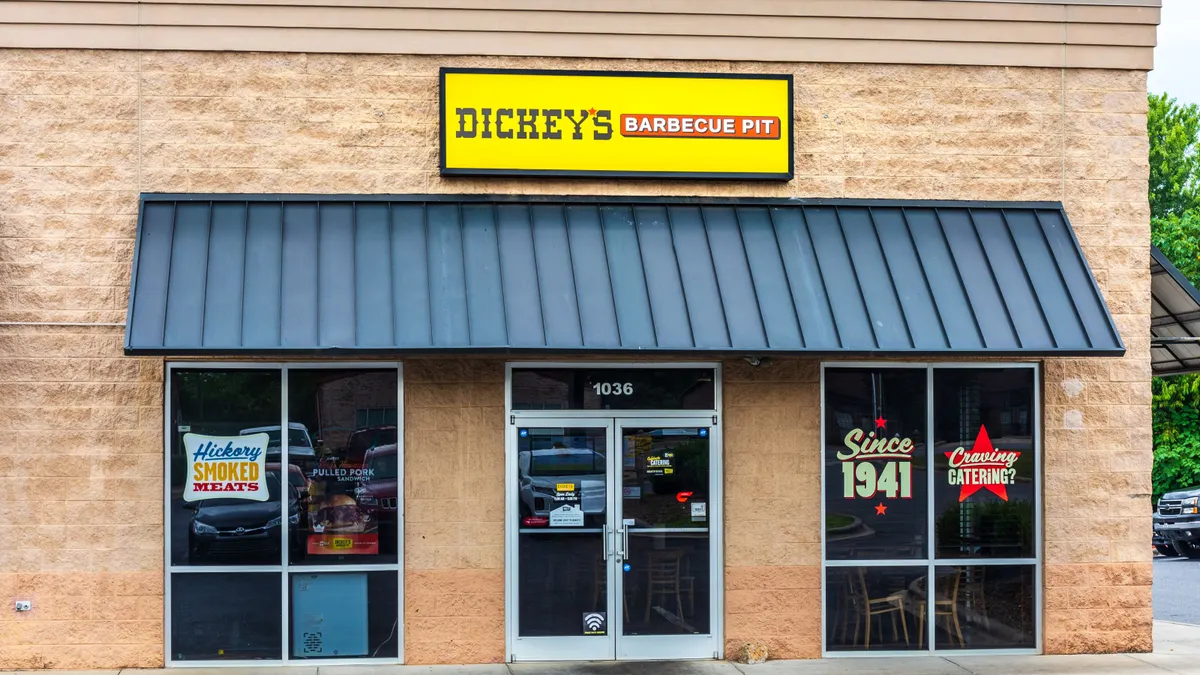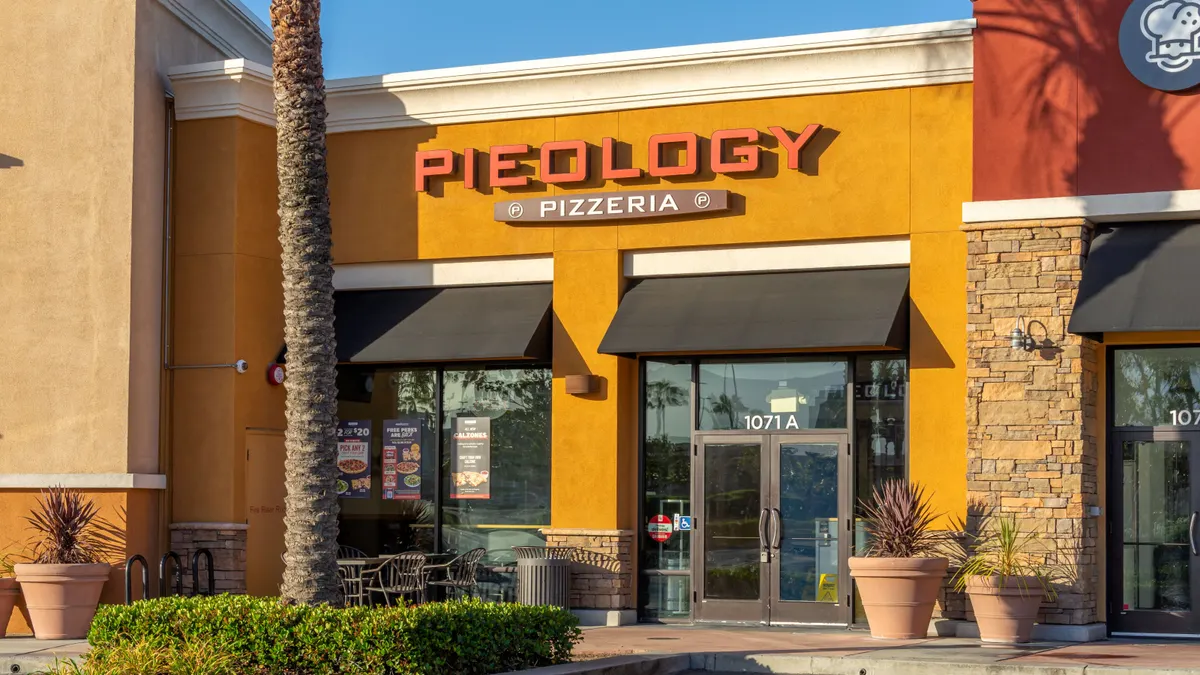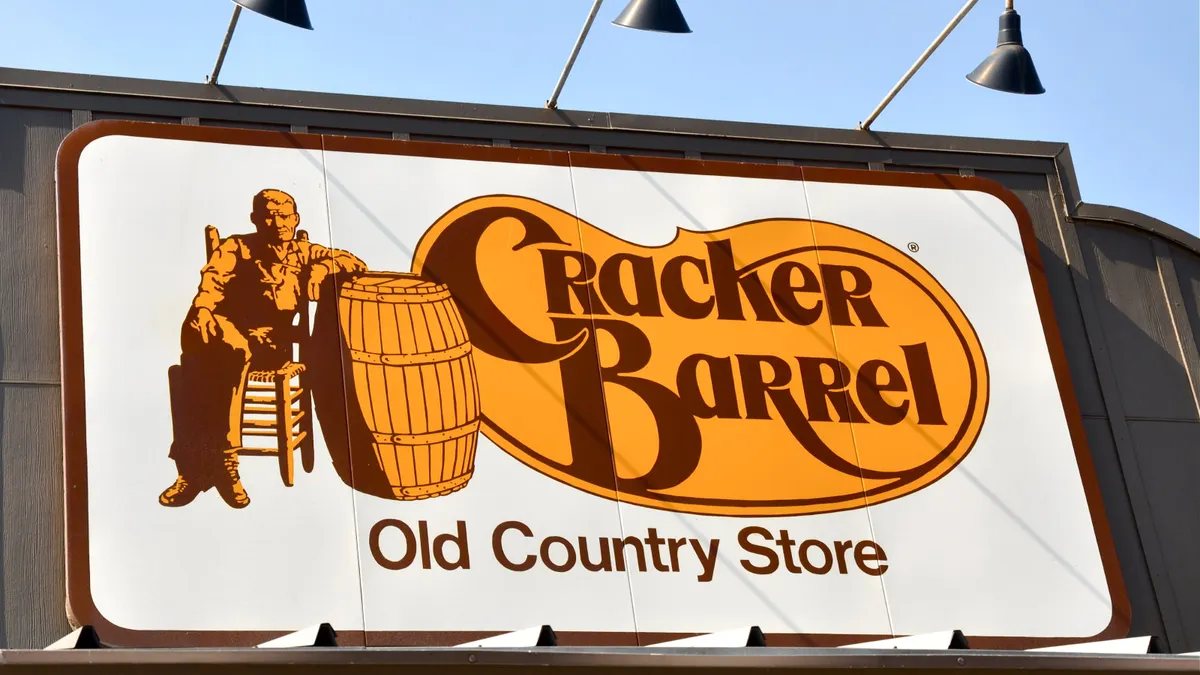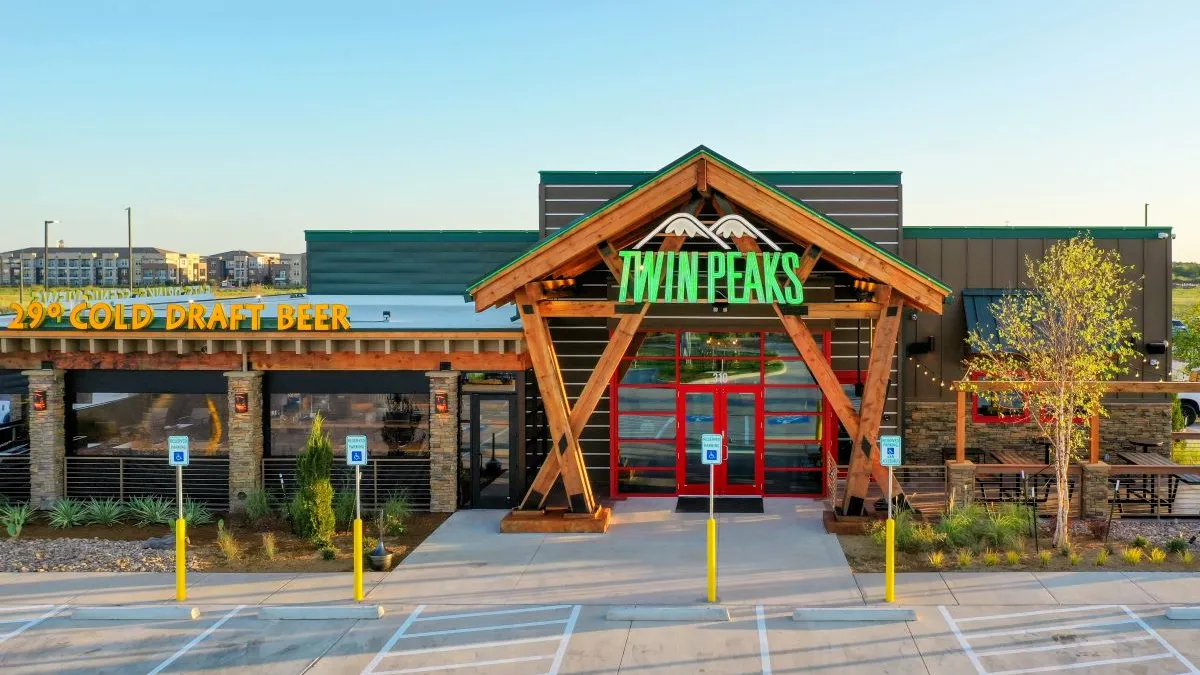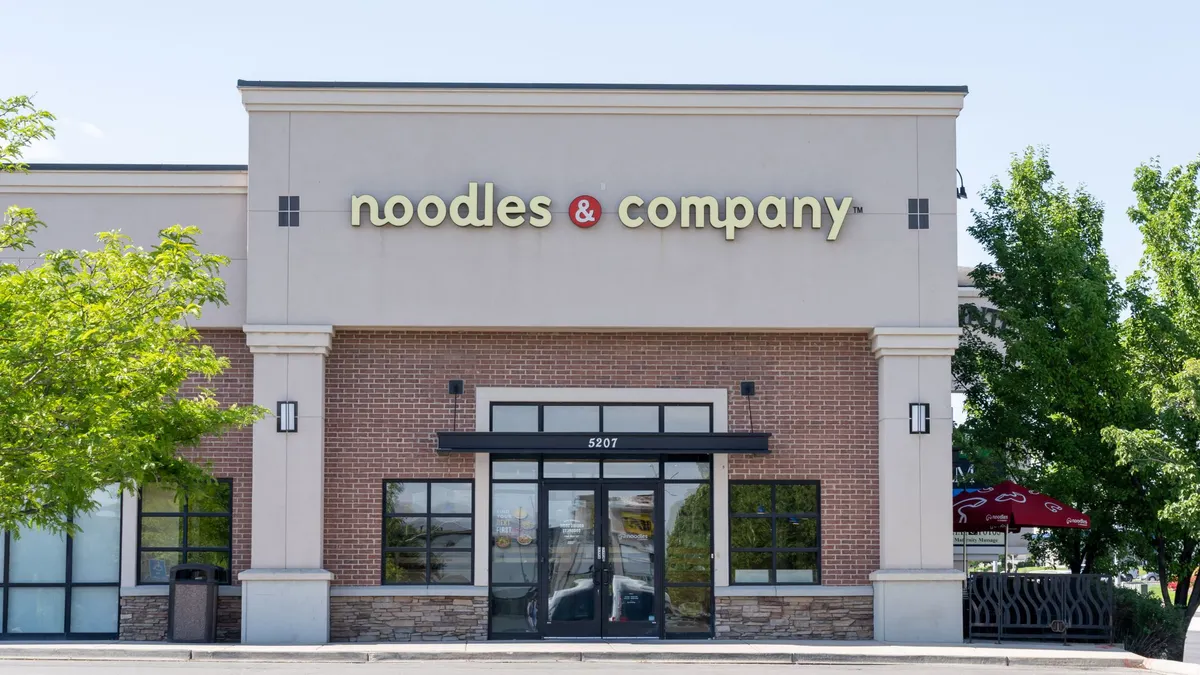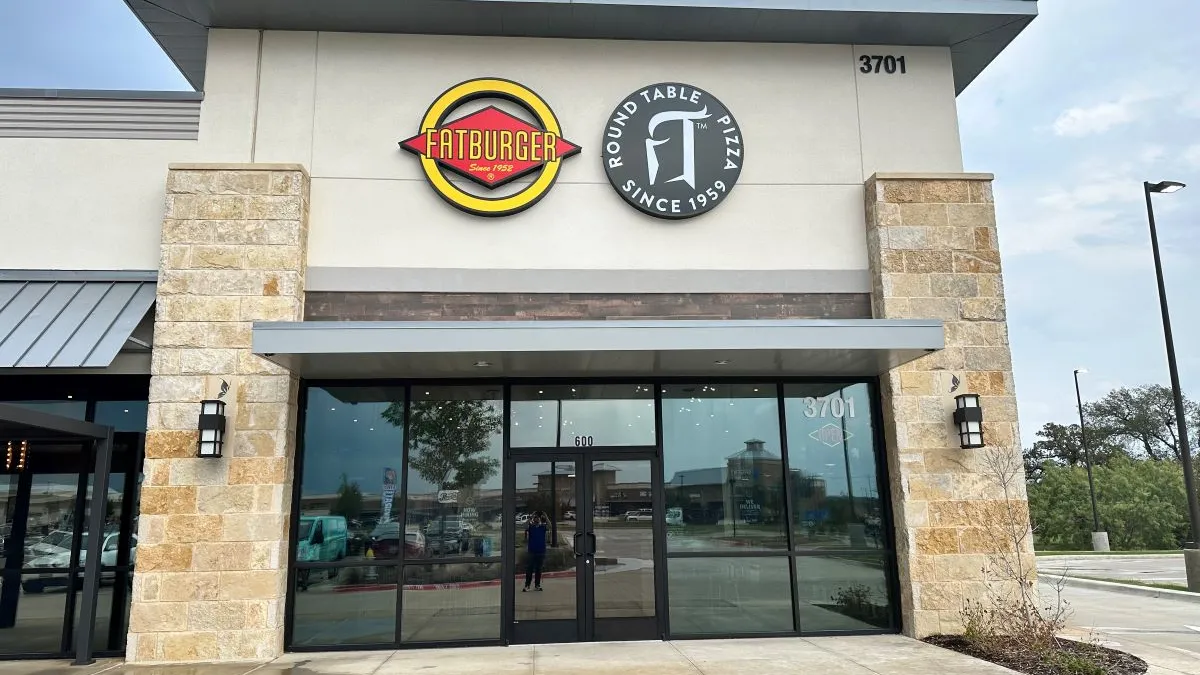Over a decade after Rajat Suri dropped out of a doctoral program at M.I.T. to create restaurant technology company Presto, he is now poised to take the company public. Presto will merge with special purpose acquisition company Ventoux CCM Acquisition Corp. to become a public company with an estimated pro forma equity value of about $1 billion, the company announced last week.
"To reach this stage is very rewarding not just for me personally, but really for everyone who's been involved with the company for so long," Suri, Presto founder and CEO and co-founder of Lyft, said.
The transaction will be funded by cash from Ventoux's trust account of about $172.5 million and $70 million of gross proceeds from issuance of equity and convertible financing. Following the transaction, which is expected to close during the first half of 2022, Presto plans to add over $223.3 million in cash to its balance sheet.
Going public is the next stage of maturation for the 13-year-old company, which specializes in labor saving automation, Suri said. Presto works with several enterprise companies, many of which are publicly traded. Becoming public itself helps it better align with these restaurant companies, since it shows Presto has already been through a level of scrutiny and compliance, Suri said. Presto currently works with many of the top 20 restaurant chains, including Chili's, BJ's Restaurant, Denny's, McDonald's, Taco Bell and Yum Brands.
Joining the public market comes with additional benefits, too. The status change will allow Presto to acquire companies and attract talent more easily, Suri said, adding that having liquidity in its stock can provide an additional advantage in a market where there is so much competition for talent.
"I've been doing this for a long time and this has been a watershed year for the entire restaurant technology industry. It's all been driven by increased demand within the industry."

Rajat Suri
Founder and CEO, Presto
"We're riding off the coattails of other successful restaurant tech companies going public this year. It's benefiting us as well. The wave is lifting all boats, as it were," he said. "This is going to really help the industry in a time where [it's] really struggling with a labor shortage."
Presto's debut on The New York Stock Exchange follows a flurry of not only restaurant companies launching IPOs, but also restaurant technology players including Toast and Olo. Toast, which became public in September, raised over $870 million on its first day of trading, while Olo debuted in March with a $450 million IPO.
"I've been doing this for a long time and this has been a watershed year for the entire restaurant technology industry,"Suri said. "It's all been driven by increased demand within the industry. There's just more restaurants adopting technology."
McDonald's, Wendy's, Krystal and Burger King are just some of the chains using various forms of artificial intelligence and automation to improve the drive-thru experience, for example.
Many investors are also becoming increasingly aware of the untapped potential the restaurant technology market holds, believing that many tech companies could grow another five to 10 times, Suri said.
"[Presto is] still less than 10% penetrated in the market," he said. "Investors like the fact that they're seeing the winners go public and they're doubling down."
A boost to technology development
Presto will raise millions of dollars in capital through the process of becoming public, which will be put toward improving its labor productivity and guest experience technologies, Suri said.
Presto offers three platforms to help improve labor productivity. Voice allows guests and staff to engage with natural, conversational-style automated speech recognition with 94% accuracy. This technology can help free up a staff member to complete other tasks, like preparing food and packaging it for pickup, Suri said.
Presto's Touch technology can be used for guests to pay at the table, as staff handhelds, kiosks or as drive-thru line busters. Touch can allow staff to serve more tables,reduce wasted time and receive more tips, Suri said.
The company's Vision product uses cameras to measure throughput and order accuracy and can identify any issues, such as long waits at the drive-thru, and offer real-time feedback. This technology can also be used to identify cars at the drive-thru and allows drivers to pay with a credit card on file. It could also pull up previous diner favorites for reordering, he said.
"We think [demand] is just going to grow. … Some restaurants really understand that they need to automate and they're going head first into this," he said, adding that once some of Presto's latest deals with enterprise chains come out, it could spark others to want to add automation as well.
For Presto, its sales pipeline has more than doubled this year and is worth over a billion dollars . With restaurants slammed by the labor crisis, many chains are exploring technology that could improve their situations.
"Automation is a long-term [trend]. It's not a short-term flash in the pan," he said.
Suri expects the trajectory of technology adoption to look similar to what has occurred in Japan's restaurant market, which has been operating with a labor shortage for the past 10 years. Japan has entire restaurants operated with one person due to a combination of technology and simplicity, he said. Conveyor belt sushi chains, for example, have been using robots as a way to handle high fish prices. Customers find a table using a touch panel and use tablets to order and check out with a self-serving register after their meals. Eventually, he believes all Western countries will be in the same boat where restaurants will be operating with fewer staff while leveraging automation.
"I think five years from now, Presto will have made significant progress in our mission statement, which is to overlay next gen digital solutions onto the physical world," Suri said. "Touch, vision and voice is where we're starting from today. I think five years from now it's going to be much more mature, much more commonplace in the industry."



